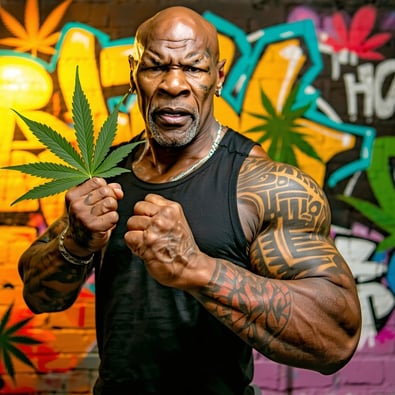Maryland’s hemp firms is taking legal action against the state, challenging what they call unconstitutional cannabis laws and selective enforcement that threatens their businesses. The lawsuit, filed by the Maryland Hemp Coalition, ten hemp firms owners, and consumers, accuses the state of overstepping its authority by regulating hemp-derived products that are legal under federal law.
At the center of the dispute is Maryland’s crackdown on hemp-derived cannabinoids like Delta-8 THC. The plaintiffs argue that state officials are enforcing “erroneous testing standards” to justify the seizure of products from store shelves. These actions, they claim, amount to targeting legal businesses without a clear scientific or legal basis.
Nevin Young, the attorney representing the group, described the situation as “communist cannabis,” criticizing Maryland’s licensing structure for legal hemp firms. According to Young, the system—particularly the limited number of licenses and the lottery-based social equity program—is designed to inflate prices and artificially raise business values, rather than protect public health or ensure fair competition.
The lawsuit not only challenges product seizures but also targets the broader framework of Maryland’s adult-use cannabis market. Specifically, the plaintiffs are asking a federal judge to strike down the state's caps on cannabis licenses and its method for awarding them, claiming the structure violates the Constitution.
Levi Sellers, president of the Maryland Hemp Coalition, issued a strong statement condemning the state's approach. “This law is a model of regulatory overreach and economic favoritism,” he said. “Maryland is stripping the rights of compliant hemp firms and handing the market to politically connected cannabis dispensaries.”
In 2023, Maryland issued 205 new cannabis licenses through a social equity lottery program intended to support communities disproportionately affected by past drug laws. However, the lawsuit describes the lottery as a “monopolized licensing scheme” disguised as a social equity initiative.
This lawsuit highlights growing tensions between the hemp and cannabis sectors as more states legalize adult-use cannabis. While both industries stem from the same plant, differing laws at the state and federal levels have created confusion—and now, legal conflict.
As the case moves forward, it could have national implications, especially as other states navigate how to regulate hemp-derived cannabinoids without infringing on federal protections or favoring one sector over another.





